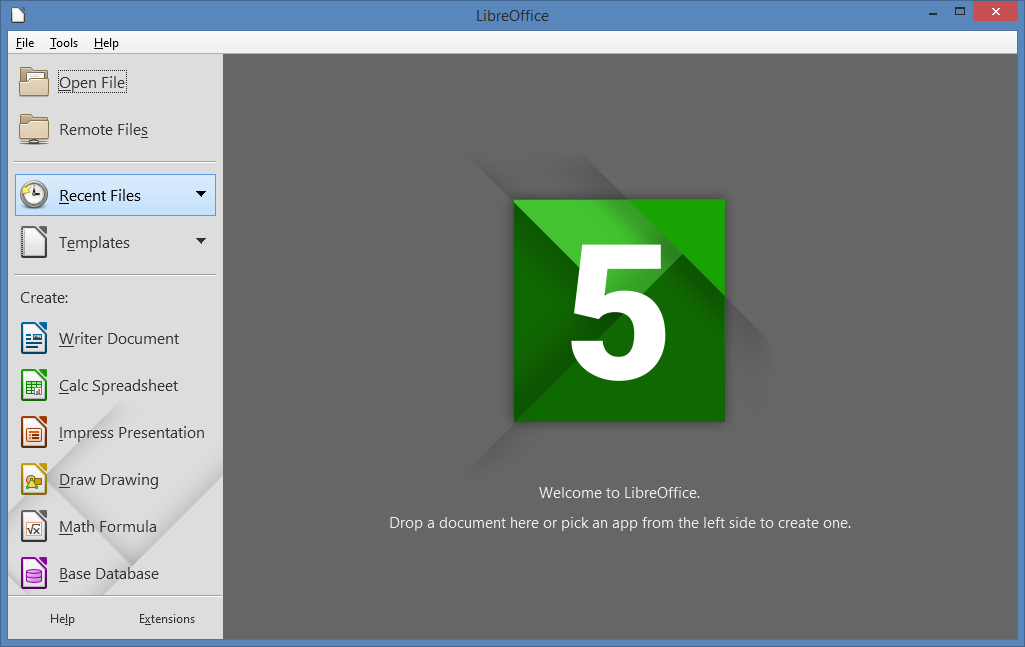
If you need functionality that isn’t included in LibreOffice-such as an email client, desktop publishing application, or a messaging and collaboration program-you have many open-source options to choose from including well-known examples such as Thunderbird, Scribus, and Rocket.Chat. Of course, they won’t have the same look and feel as the rest of the office suite, and they won’t be tightly integrated. On many Linux distributions, it’s not part of the core LibreOffice offering.
LIBREOFFICE OR OPENOFFICE INSTALL
You might need to install Base separately. By default, it uses the HSQLDB but work is afoot to migrate to Firebird. Skype for Business: Instant messenger and video call software.By default, it uses the Microsoft Jet database engine. Publisher: A desktop publishing program.Teams: A team communication and collaboration client.
LIBREOFFICE OR OPENOFFICE SOFTWARE
You still get applications to run on the desktop, but as long as you maintain your subscription your software will always be upgraded to the latest version.ĭepending on which version you buy or subscribe to, you will also get some or all of these packages: You can take out a Microsoft 365 subscription that includes Microsoft Office. You can buy it, and install it on your desktop. There are several ways to obtain Microsoft Office. RELATED: The Downsides of Open Source Software LibreOffice and Microsoft Office The question remains, however: can a free productivity suite really compete with the de facto corporate standard? LibreOffice nows ships as the default office suite application on most Linux distributions and the dominant open-source productivity software.
LIBREOFFICE OR OPENOFFICE CODE
They forked the code and created their own project called LibreOffice. Differences of opinion within the Apache OpenOffice community led to many Apache OpenOffice developers forming a new organization called The Document Foundation. They struck a deal with the Apache Foundation, and Apache OpenOffice was born. By 2011, Oracle Corporation was looking to offload the open-source project. In 2010, Oracle Corporation acquired Sun Microsystems. There were many competing office suites-from companies such as Lotus, IBM, and Corel-but none came close to repeating the success of Microsoft Office. It was released in November 1990 and included Microsoft Word, Microsoft Excel, and PowerPoint.

The package office suite that rose to dominance was Microsoft Office. Costing less than the sum total of a mixed set of similar packages, the office suite took off and never looked back. Instead of a set of unrelated standalone packages, an office productivity suite had a consistent look and feel, with easy integration between those packages. Office productivity suites completely changed the software landscape for the corporate PC.

Notably, Microsoft even made a word processor for kids called Creative Writer. The dominant programs at the peak of the pre-suite period were the Lotus 1-2-3 spreadsheet, the WordPerfect word processor, and the dBase database program. Gone were the days of running a disparate collection of software on your desktop. These bundled the most-used types of office software into coherent families of software. The office suite came hot on the heels of the success of the earliest word processor and spreadsheet programs.


 0 kommentar(er)
0 kommentar(er)
